You may be thinking that this despairing declaration was not exactly what I wanted to hear at 8:30am at the start of a Monday morning English class. But it was a gift because it was real. It was exactly what I was feeling too, just three days after the attacks on Paris and four days after the attack on Beirut.
In front of the classroom Monday-Friday, I look out on to a mosaic of faces from around the world. Each student sits side by side like the different shapes and colors of a stained glass window. I see those who are present and I feel the souls of past students who have been in these chairs over the years. Their stories live with me. Their vulnerability in trying out a new culture and language is entrusted to me. I hold it as gently as possible in my hand. As they become more confident and comfortable, they share their cultural traditions. Those traditions live with me. So do their dreams. And sometimes their dreams and their traditions wage war with one another. And I have the great honor of bearing witness to that war, supporting them in their quest to discover what potential they have within, and then watching it grow.
On the surface, it seems I teach TOEFL, the Test of English as a Foreign Language, which is a standardized test that includes reading, listening, speaking and writing. I have had students from Brazil, Spain, Germany, France, Taiwan, China, Japan, South Korea, Saudi Arabia, Tunisia, Libya, Indonesia, Italy, Iran, Iraq, Kuwait, Egypt, Mexico, Chile, Columbia, Venezuela, Turkey, Russia, Ukraine, Qatar, United Arab Emirates, Azerbaijan, Thailand, Vietnam, Laos, Mongolia, Kazakhstan, Norway, Sweden, Switzerland and Syria. I’m sure there are more. Please forgive me if I’ve left out a country. (You know who you are.) No matter where their origin, their faces all have the same look at the beginning of their time with me: wide-eyed fear. This test determines whether they will get accepted to an American university or not and most of them are pretty stressed about it. Of course there are exceptions. (You know who you are.)
So it seems on this particular Monday morning like all Mondays, I should teach something that would help them score high on the test: mastering an inference question, time-saving strategies for reading, recognizing traps, how to know when to use ‘a’ or ‘the’ in writing or how to pronounce ‘beach.’ (Don’t tell your uber driver to go to the bitch. Things could go terribly wrong.)
But none of that mattered. All of that was inane after a weekend of watching injured people on gurneys getting pushed into ambulances, hearing accounts of the gunfire and the screams from restaurants and seeing video of people running out the back door of a theater whose stage and seats and floor were covered in blood.
“There’s no point being here now,” Jamal said.
The students from around the world kept their gaze down, their eyes diverted. Their shoulders slumped. One shifted uncomfortably. One began to text on his phone. Most were unmoving under the heaviness that bore down. Under its weight, I sat.
“Did you know anyone in the attack?” I asked Jamal.
“Yes, my friend was killed.”
“I’m so sorry,” I said. “What about others? Did anyone else know someone in Paris who was killed?”
“I have a friend who was there, but she’s okay,” a student said.
“A friend of mine was injured. He’s in the hospital, but he’s going to be okay.”
We had a moment of silence just a few weeks back after the attacks on the peace march in Ankara. And yet, here we were again. Another tragedy. Another moment of silence.
The greatest irony was that we had just finished watching Josh Tickell’s documentary Fuel before the news about the Paris attacks broke. Fuel focuses on how the U.S.’s dependence on oil began and how our oil addiction contributes to the growing numbers of those suffering from cancer and from wars. The documentary points out how the inventor of the diesel engine Rudolf Diesel mysteriously “drowned.” His diesel engine that premiered at the 1911 World’s Fair ran on peanut oil. I had one student in total despair after learning all this.
“There’s nothing we can do. This is just the way it is,” she said.
But then came the documentary’s segment on proposed solutions. Wind energy. Solar energy. Biodiesel. Las Vegas school buses running on biodiesel to keep their kids safe! Truckers using biodiesel! Algae that can grow fast from eating waste material and serve as biodiesel. She was so pumped by the end that she actually skipped out of the room, her long, brown hair flowing like ribbons behind her.
Then the attacks on Paris happened.
Nothing would change in this world. Nothing. What was the point even thinking it could? Jamal was right. There was no point. But I began to speak anyway, unsure of the words that might come out.
“Teaching English language, I’ve come to know two things,” I told the students. “First, I recognize that I have tremendous privilege. The fact that I am teaching English, that I can travel anywhere in the world and teach is a privilege and that privilege is because of colonialism. My occupation rests on bloodshed. It rests on the ideology that one group of people think that they know what’s best for another group of people. They seek to control land, ravage its resources and control people. They think disempowering others is the way to show and maintain their own power. I could be teaching Chinese now, but I am not. I’m teaching English and I know what kind of forces and pain that have made this possible. But I also know this: I tell your stories to my friends and your stories matter. I don’t watch Fox News or CNN. I get my news from you. My Syrian student tells me of her beloved Aleppo and how she worked on preserving ancient sites before the war destroyed them. My Ukrainian tells me what really happened in those crazy elections. My Mongolian student teaches me about the traditional way to slaughter sheep, how to hold it so it will be unafraid, how to make a hole under its ribs and stick your arm in to sever the aorta. It is done hand to heart so there is little suffering. My Turkish student invites me to a Ramadan celebration and I eat with her. She teaches me about the Night of Glory wherein legions of angels descend to hear our prayers and bring us closer to God. She whispers this night might be the night and so I close my eyes and pray with her. I share your story with my friends and it shifts their way of thinking and opens them up and it ripples. It matters.”
Then one by one, each student spoke. Even the ones that typically have their cell phones glued to their hands, unglued them and shared. They spoke about the pain of Paris. Then they discussed the wounds from their own cultural past and present.
“The Japanese really hurt a lot of Chinese during World War II,” said one student. “They killed so many. They raped. The real pain is that the government won’t recognize that it happened.”
“South Koreans are always in fear of an attack from North Korea,” said another. “They teach North Koreans that the world outside is bad and evil. But Kim Jong-un loves the NBA and has been to Disneyland. We want peace. We want to unite with our North Korean brothers and sisters.”
“Has anyone heard about the dams in Brazil?” asked another. “They are collapsing. People are getting killed. No one is talking about it. Why? Because the government doesn’t want people to know that they were badly constructed with the cheapest materials. They care more about money than about people.”
And there, the whole insane system revealed itself as a matrix of lies that maintained wealth and power in the hands of the few. It was about money and making things look good. But it was breaking down. Yes, the system has its tentacles with strong chokeholds, but its purpose is selfish and hypocritical and unjust. There are far greater numbers of people in this world that stand for love.
Then Lucas from Chile shared his story. “I was working for a big company. It was a good job. I was making good money. But, I had no time to spend with my family, no time to be with my children. When my son was born and I couldn’t be with him, I felt terrible. So, I decided to leave and start my own company. I spent more time with family. It was great. And then I felt I wanted to help someone else. Now my company participates in a program that helps teach prisoners job skills so that after they serve their time, they can rejoin the workforce. They can have hope.”
Had he not experienced the pain of separation from his children, he would not have begun his humanitarian mission, nor would he be sitting in my class demonstrating real service and leadership, giving hope to the younger students around him.
The pain is the access point. The feeling of “there is no point” is precisely wherein lies the opportunity for change. Lucas felt there was no point in working so hard, felt the pain of it and rewrote his story to one of higher purpose that served not only his family, but all of humanity. So Hallelujah for feeling that there is no point because when that shows up, then suddenly the birth of new purpose becomes necessary and immediate. The ‘no point’ is the place of birth and rebirth. This Christmas time we are reminded that there was no point in people walking around believing that they were separate from God. No point. And so came the birth of Jesus.
And on this particular Monday morning class there was a rebirth in seeing one another and our cultural stories. Beyond those stories, we recognized that each of us held a great light within. Whether we fully knew it yet or not, it was there. Each of us in every moment could choose either fear or love. What would we choose in this moment? In the act of listening and in the act of speaking the unspoken we were choosing love. It was no longer about what the news media reported. We saw through that illusion. It was about what we were saying as human beings from one soul to another. That was choosing love.
If you weren’t in class that day, you might be thinking this all sounds too hippy-dippy. Ok, so you’ve got a bunch of students from different countries and for three hours they talk about the state of the world. A little microcosm of international peace talks. How cute. How does that stop the war in Syria? How does that stop ISIS? Global warming?
There is evil in this world. That did not go unrecognized. But on that day, I felt more liberated from evil than ever before. In the midst of terror, I felt no fear. I felt only love. I felt only connection. I was reborn into someone who at her core was unafraid of evil and more connected to the light. A Christmas gift come early.
And what about the students? How did they feel? This was the real Christmas miracle. After all the students left, two cell phones remained on top of desks. I had to take a picture for myself to prove the miracle had really happened. Yes. Two cell phone addicts (you know who you are) had actually forgotten their cell phones. They were so connected to their classmates that they let old structures fall away, and remembered who they were.
So on the surface it seems like I teach the TOEFL, but that’s just an excuse for why I really show up. I show up to listen and learn. My students are my teachers. My job is to open up space for raw emotion to come through and voices to be heard because that’s where healing begins.
“There’s no point.” That’s the door to healing. And to all the teachers in the classroom and out who dare to go into the ‘no points,’ I honor you. (I know who you are.)
After that class, I picked up my pen to place a dash on my roster next to the names of students who had been present. They had been more present than ever before. “And herein is another point,” I thought as I drew each line. The point of my pen, just like the point of a knife, narrows to a little pin and then it ends. The end point. But, when there is no point, there is no end. That’s exactly the discovery at the no point when we go deep enough. There is no separation between you and me, between a student from here and a student from there. We are all connected. And it is the grace of love that weaves us together. It is the love between one of my Saudi students and a Jewish man. It is the love that a woman from Turkey who wears a headscarf has for her Kurdish boyfriend. It is the love that this messy dreamer white woman teacher has for an extremely tidy, practical black man soldier. It is love that transcends all. Infinite love. Infinite possibility. No point except love. No end. No separation. Only joy. The revolution is here and now, happening in each one of us, and it’s awesome.

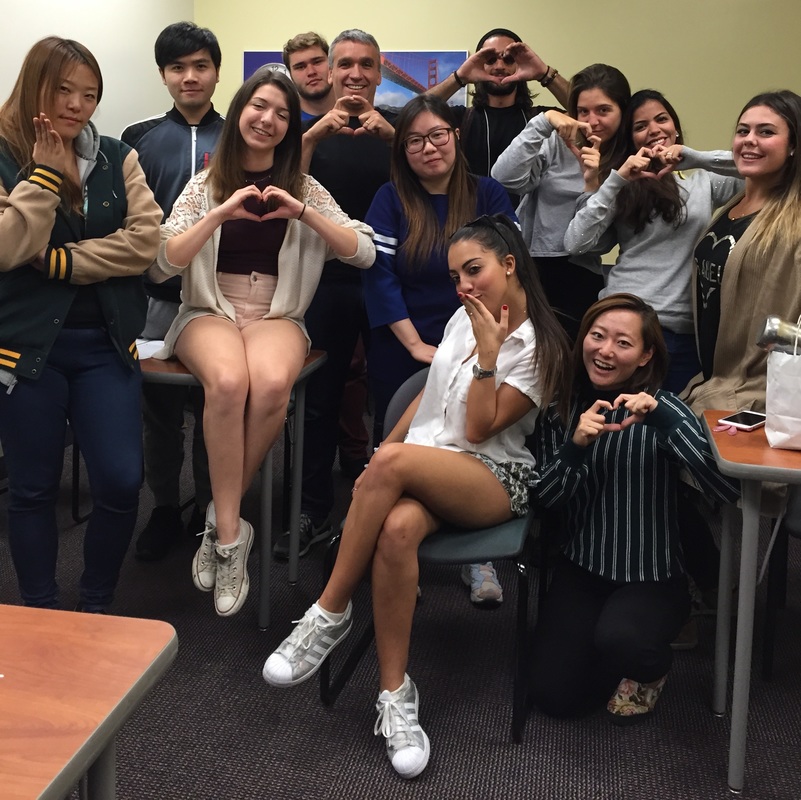
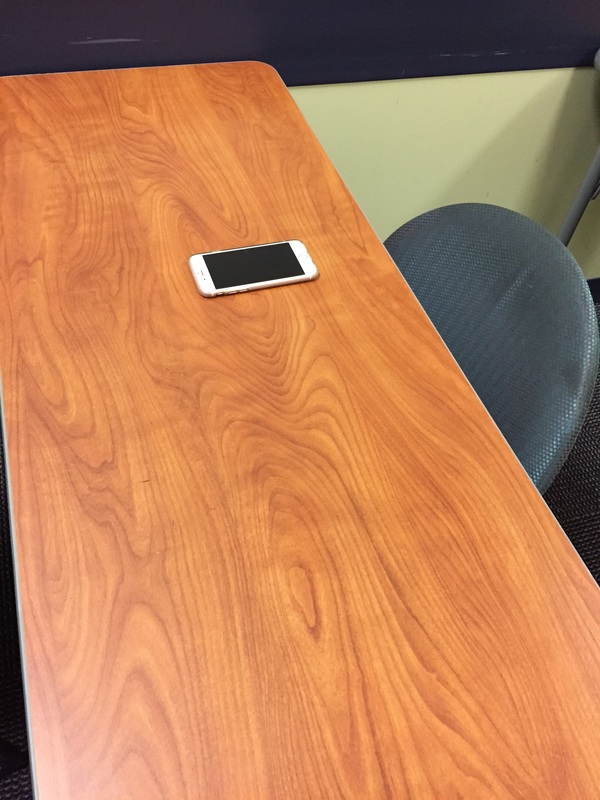
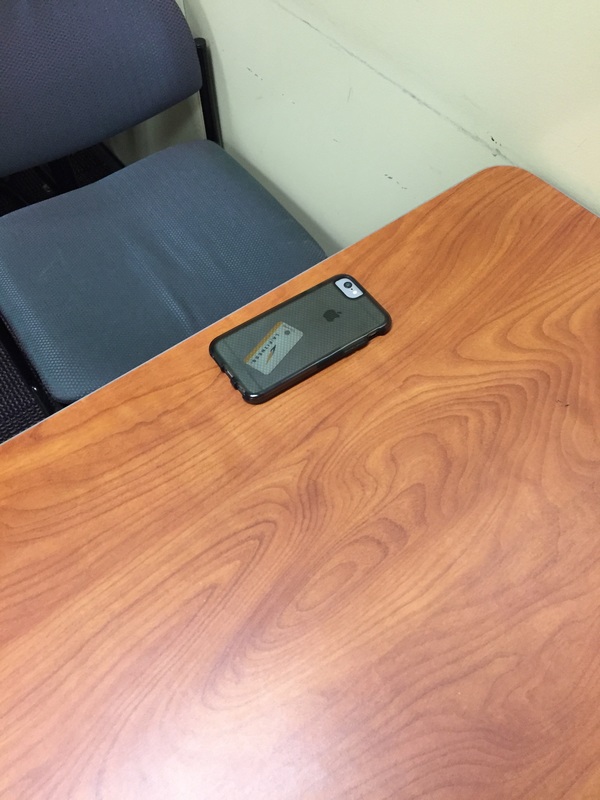
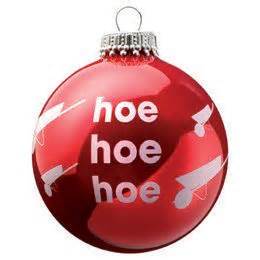
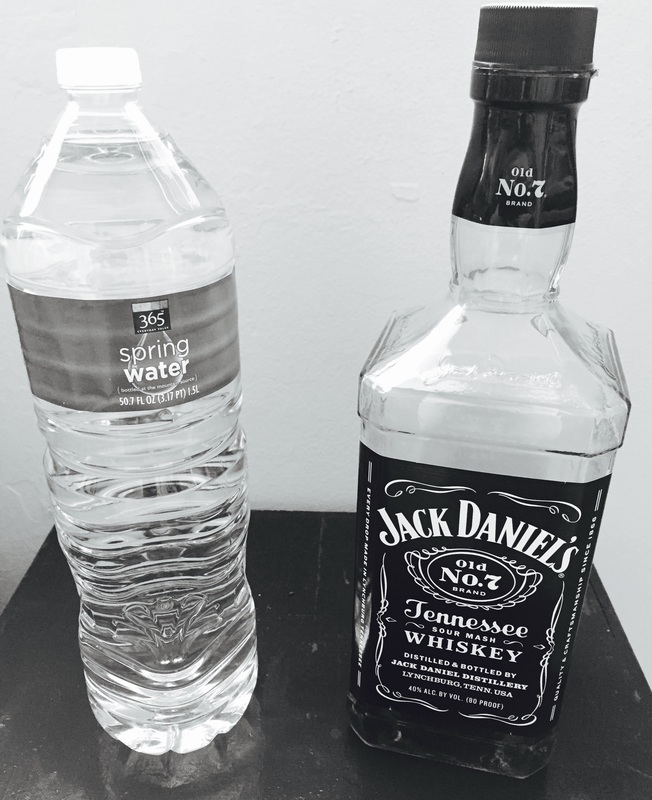
 RSS Feed
RSS Feed